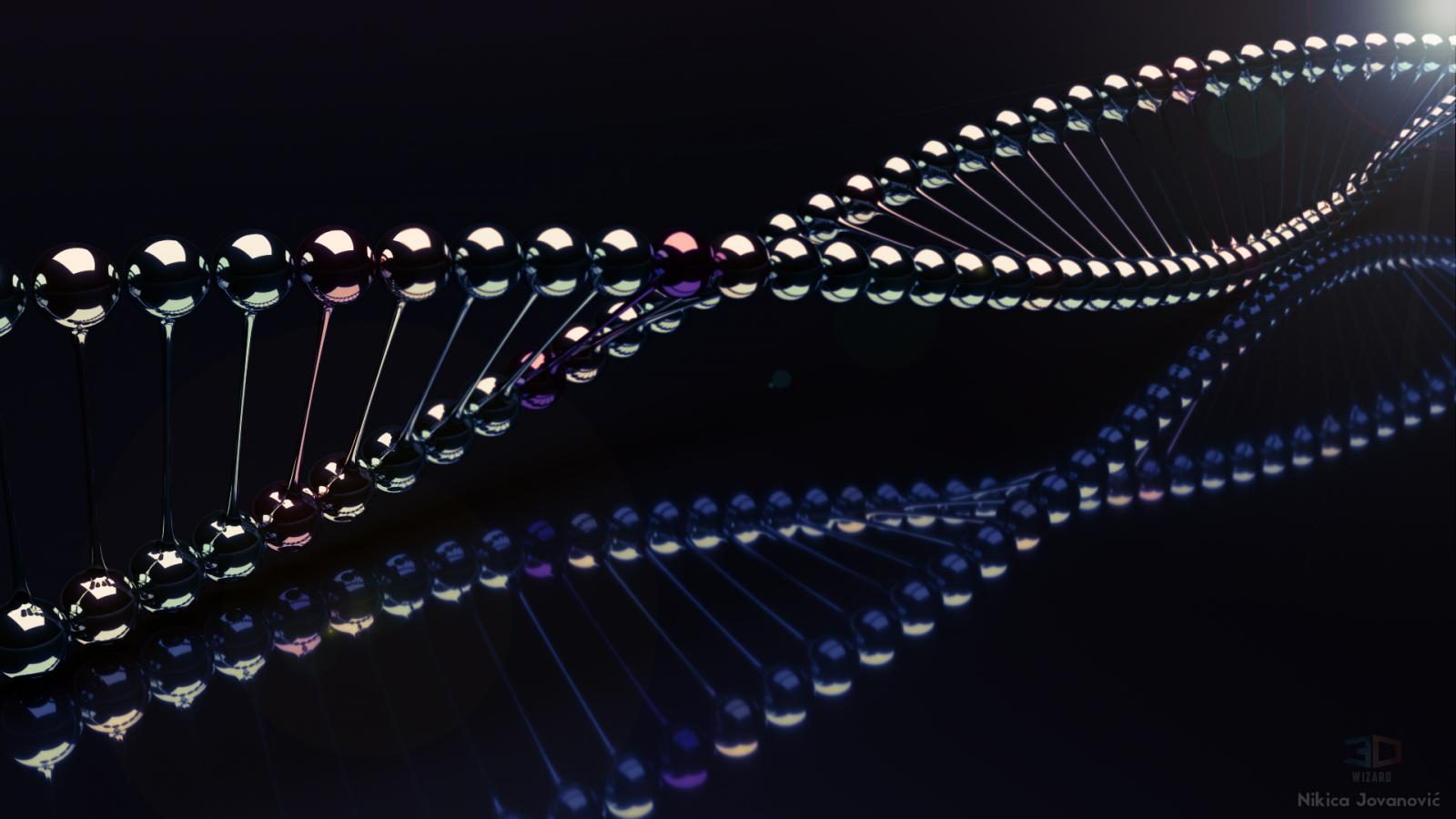Chromosome changes in CLL

Certain changes in chromosomes can affect how your CLL might progress and can help your medical team decide on the best treatment for you.
Del (13q)
This is a positive cytogenetic (chromosome) change. People with only this change often have a type of CLL that develops very slowly and doesn’t need any treatment for many years. Between 3 and 5 in every 10 people with CLL will have the del (13q) abnormality.
Del (17p)
This change makes the leukaemia more difficult to control. Fewer than 1 in 10 people with CLL have the del (17p) change. If del (17p) is found, a FISH test may be done to see if a gene called TP53 is also missing. This abnormality is associated with a poorer prognosis (outlook), but there are treatments for this type of CLL. It doesn’t respond as well to chemotherapy as some some other types, but there are targeted therapies that work well. Missing parts of chromosome 11 (del 11q) is also associated with a poorer prognosis.
Other changes
Between 4 and 6 out of every 10 people with CLL will have other cytogenetic changes in their CLL cells (for example, Trisomy 12), or none at all. The leukaemia often needs treatment, but usually not immediately. It can usually be controlled for a number of years with treatment.
IgVH gene mutations
Knowing if the IgVH gene is mutated can help to predict how your CLL will behave. B-cell CLL with mutated IgVH is typically less aggressive (progresses more slowly) than B-cell CLL with unmutated IgVH.
For more information
Phone
1800 200 700


